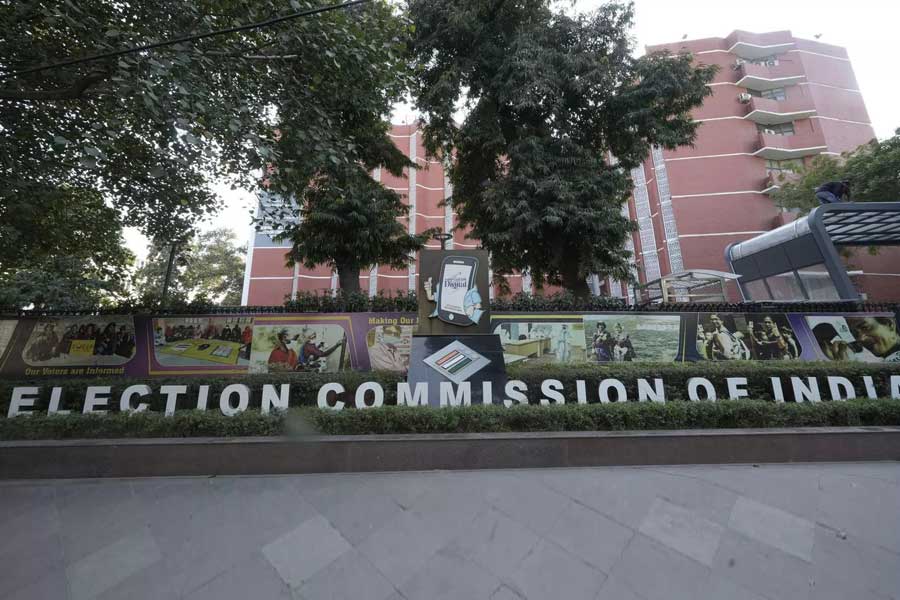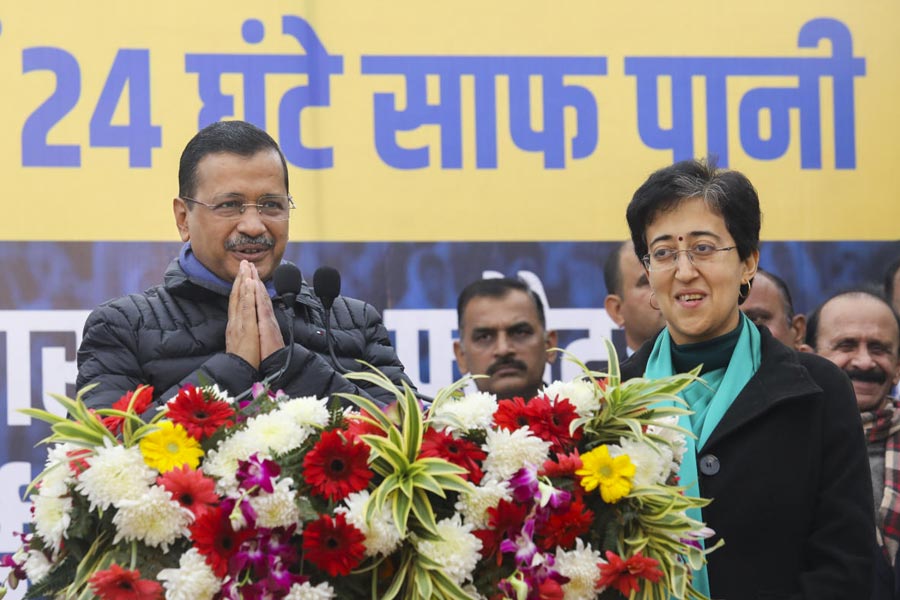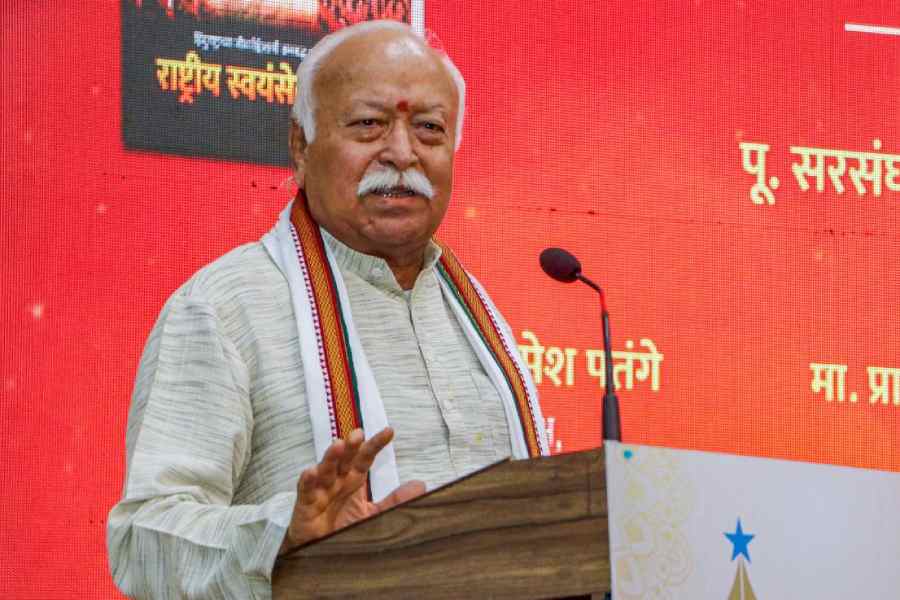The Election Commission's recent directive ordering all political parties to halt activities related to registering individuals for beneficiary-oriented schemes has sparked criticism from the Opposition Congress and the Assam Jatiya Parishad (AJP), who deem it "too little too late".
The poll panel issued the directive on Thursday after coming across "instances where some political parties and candidates" were seemingly engaged in activities aimed at enticing individual voters to vote in a particular way.
The Congress and the AJP had earlier lodged against the ruling BJP-led alliance in Assam, accusing them of conducting socio-economic surveys during campaigning for the ongoing election. With the final phase scheduled for May 7 in four of the state's 14 constituencies, tensions are high.
Debabrata Saikia, leader of the Assam Congress Legislative Party, criticised the timing of the directive, labelling it as "too little too late" and an attempt to appear impartial. He expressed frustration over what he perceived as the commission's favouritism towards the ruling party, calling on the BJP-led alliance to issue a public apology.
Mehdi Alam Bora, chairman of the Assam Pradesh Congress Committee's War Room, echoed Saikia's sentiments, advocating for legal action against the BJP. Bora emphasised that such rules were already in place and questioned why action wasn't taken earlier, particularly after initial complaints were lodged before the first phase of voting.
Ziaur Rahman, secretary and spokesperson for the AJP, said the directive primarily applies to the ruling BJP. Rahman accused BJP leaders of repeatedly violating the model code of conduct by announcing schemes and making promises during their campaign. He called for the Election Commission to demonstrate impartiality by taking action against the BJP for these violations.
Like the Congress, the AJP had submitted complaints to the Election Commission regarding the alleged government processing of various welfare schemes, which they argued amounted to voter influence and violated the Model Code of Conduct. Their complaint highlighted the distribution of forms for schemes such as Arunodoi, ration cards, and Lakhpati Baidew, as well as the presence of banners and posters displaying government schemes in certain constituencies.
In response to such complaints, the poll body issued the directive, citing instances where political parties blurred the lines between legitimate surveys and partisan efforts to register individuals for beneficiary-oriented schemes. It warned against activities that could create an impression of a quid-pro-quo arrangement for voting, instructing all parties and candidates to cease such activities immediately.











